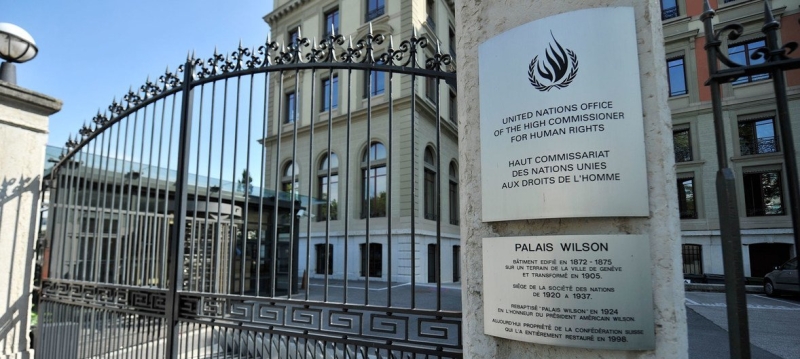
Office of the United Nations High Commissioner for Human Rights, Geneva. UN experts call for protection of civic space amid global rise of ‘foreign agent’ laws Human Rights
To protect democracy, states must immediately halt the dangerous global trend of restrictive “foreign agent” and “foreign influence” laws, UN and regional human rights experts said in a joint declaration marking International Day of Democracy on September 15.
“On the eve of World Democracy Day, we sound the alarm over a pernicious global phenomenon – the increasing use of foreign agent and foreign influence laws, policies and practices to curtail democratic freedoms,” the statement said.
According to the experts, such laws threaten the existence of independent civil society, and their use to suppress civic space under the guise of increasing transparency and protecting state security and sovereignty has contributed to a global backlash against democracy and the rise of authoritarianism.
The experts noted that such laws fail to comply with international human rights standards, including the right of association to free access to resources, exacerbate hostility towards and stigmatization of civil society, and have a chilling effect on civic activism.
The authors of the statement called on states to repeal existing foreign agent laws and not to adopt similar laws and regulations in the future.
“Increasing transparency and security is of paramount importance,” the experts acknowledged, “however, such laws, which are clearly aimed at civil society, actually reduce its ability to play a role vital role in ensuring accountability and developing inclusive democracy and democratic institutions.”
Special Rapporteurs and Working Groups are part of what is known as the Special Procedures of the Human Rights Council. Special Procedures experts work on a pro bono basis; they are not UN staff and do not receive a salary for their work. They are independent from any government or organization and serve in their individual capacity.
